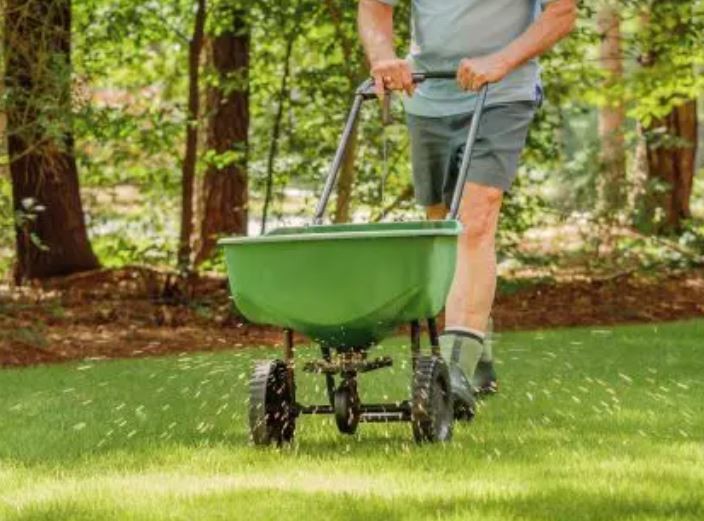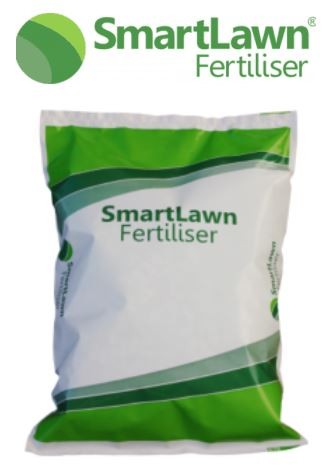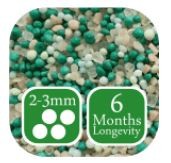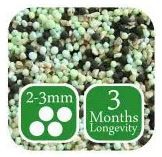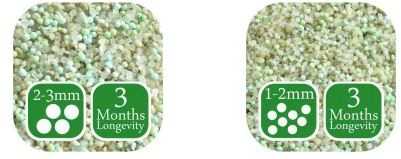Fertiliser Availability During the Global Supply Chain Crisis
10 October 2022Following the global supply chain crisis, there is a shortage of fertiliser around the world. Accompanying this shortage, global fertiliser prices have soared. This is causing a big issue within horticulture, agriculture, sports and amenity. But what is causing this global supply chain crisis and how long will it last?
Much of the current supply chain crisis is caused by the covid pandemic and its continuing effects on our interconnected global economy. From factory shutdowns to increasing energy prices or port closures. Countries coming out of lockdown and reducing their restrictions have had a dramatic effect on the world’s ability to produce and supply goods.
At the start of the pandemic, the UK and most economies around the world shrank as consumers, due to uncertainty and lack of ability to spend (lockdowns), held onto their money.
Following the decrease in demand, factories reduced output, and some even closed. The reduced staffing levels meant increased unemployment, leading to people further reducing their spending on goods.
On the other side, the need for PPE and medical equipment increased around the world. The majority are manufactured and shipped from China to countries that may not export much themselves. This caused a shortage of shipping containers as empty containers are stacked at ports with nothing to export.
Fast forward to the end of lockdown and the start of vaccinations, the global demand surged. But, with a lack of shipping options, the prices naturally increased as the demand far exceeded the supply.
The ships that were able to transport goods were held in queues outside ports that were not able to keep up with demand (due to the surge and reduced staffing levels). Haulage drivers that were let go during the pandemic left many containers stranded in port, leading to further issues for the ports and factories. And the supply chain crisis goes round again!
How is the global supply chain crisis affecting the fertiliser industry?
In the fertiliser industry, we have seen other issues arise over and above the reduced factory outputs and lack of container availability. We have seen countries purchasing huge reserves of fertilisers (especially urea), bans on the export of bulk fertilisers (China) and energy costs increasing throughout Europe and the rest of the world.
Energy cost increases will affect most factories but with fertilisers being so linked to energy prices and the production of energy, this has caused major factories around the world to cut and even stop output until this reduces. Furthermore, this has further increased prices and reduced availability.
How long will this last?
This is a very difficult question to answer with any certainty, many factors will affect the global demand and supply:
- New strains causing big shocks to economies and global fertiliser output
- Long term energy prices and supply
- Reduced shipping options (as high polluting ships are decommissioned to reduce carbon footprint)
- How quickly ports can catch up with demand
We have been told by many suppliers of fertilisers they see problems easing in the middle of 2022. However, many shipping companies are saying the issues will run to 2023 – so it could be longer.
The best way to cope with this is to be organised and manage your fertiliser stock well. Not only will this ensure you have availability of fertiliser, but potentially you’ll secure better pricing than your competitors who purchase later in the year.
Concerned about your supply of fertiliser?


